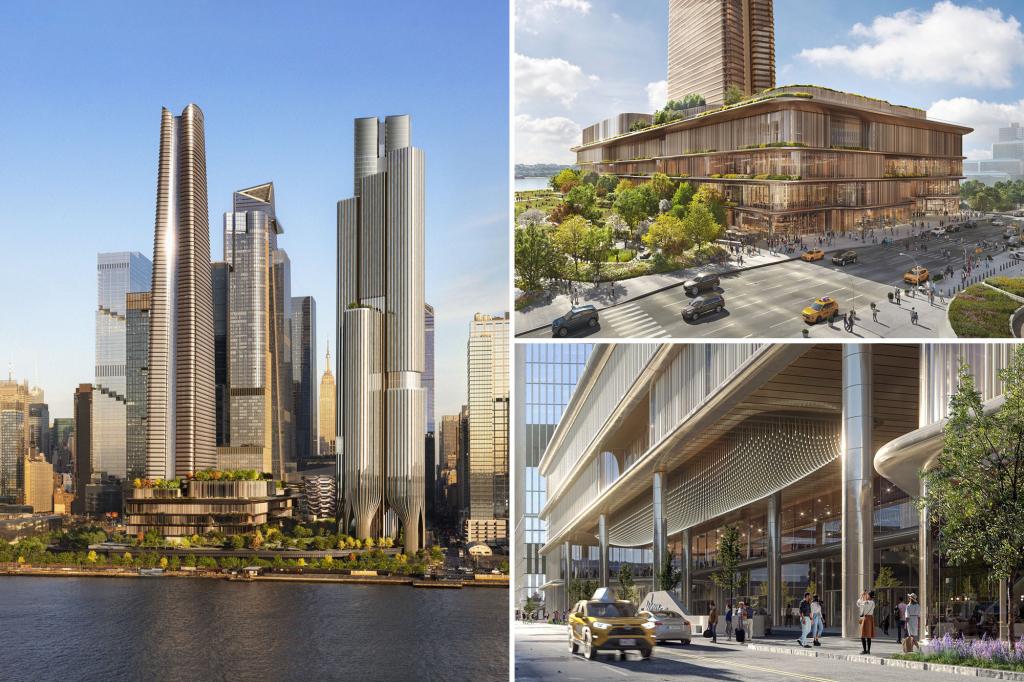Hudson Yards Casino Proposal Officially Scrapped After Community Opposition
The controversial plan to build a casino at Manhattan’s Hudson Yards development has been abandoned following months of intense public opposition. Developers withdrew their proposal this week after community groups, urban planners, and local politicians raised concerns about the project’s impact on the High Line park and surrounding neighborhoods. The decision marks a significant victory for preservationists who argued the casino would disrupt one of New York City’s most innovative public spaces.
Why the Casino Plan Sparked Widespread Backlash
Opposition to the Hudson Yards casino proposal crystallized around several key issues that drew unlikely allies together:
- Preservation concerns: The High Line, built on a historic elevated rail line, attracts over 8 million visitors annually and has spurred $2 billion in private investment along its route since opening in 2009.
- Traffic and infrastructure: Projections suggested the casino would bring an additional 15,000 daily visitors to an area already struggling with congestion.
- Community character: Residents feared the 24/7 operation would disrupt the neighborhood’s evolving residential and cultural identity.
“This wasn’t just about gambling – it was about protecting what makes New York special,” said urban studies professor Dr. Elena Rodriguez of NYU. “The High Line represents urban regeneration done right. A casino would have fundamentally altered that delicate ecosystem.”
Economic Promises Versus Community Priorities
Proponents had argued the $3 billion development would create 5,000 permanent jobs and generate $500 million in annual tax revenue. However, a study commissioned by community groups found:
- 72% of projected jobs would pay below the city’s living wage
- Nearby small businesses could see 20-30% declines in foot traffic
- Property values within half-mile radius might decrease by 8-12%
“The math never added up for our community,” said Chelsea Neighborhood Association president Marcus Woolworth. “We’d be trading our quality of life for temporary construction jobs and low-wage service positions.”
Political Fallout and Industry Reactions
The withdrawal represents a significant setback for gaming operators seeking to expand in New York, where three downstate casino licenses remain up for grabs. Industry analysts note:
- Hudson Yards was considered a prime location due to its transportation hub and tourist appeal
- Competing proposals in Coney Island and near Citi Field now gain advantage
- Gaming stocks for involved operators dipped 2-3% following the announcement
“This shows even deep-pocketed developers can’t ignore community sentiment in New York,” observed gaming industry consultant Robert Lin. “The remaining applicants will need stronger community benefit agreements to succeed.”
What’s Next for Hudson Yards Development?
With the casino plan abandoned, attention turns to alternative uses for the proposed site. Several possibilities have emerged:
- Mixed-use residential: Addressing the city’s housing crisis with affordable units
- Cultural expansion: Adding performance spaces or museums to complement the Shed
- Green infrastructure: Extending the High Line’s park network with new public spaces
Community boards are already organizing planning sessions to shape the site’s future. “This is our chance to demonstrate what truly inclusive development looks like,” said urban planner Jamal Chen, who serves on Manhattan Community Board 4.
Broader Implications for Urban Development
The Hudson Yards casino controversy reflects growing public skepticism about large-scale developments that prioritize tourism over livability. Recent data shows:
- 78% of Manhattan residents now support community review requirements for major projects
- Developments with strong local support complete 30% faster on average
- Preservation-focused projects create 22% more long-term jobs than entertainment complexes
“Cities are learning that cookie-cutter entertainment districts don’t build lasting value,” noted urban economist Dr. Susan Park. “The most successful developments now balance economic, cultural, and community needs from the start.”
How Other Cities Are Handling Similar Challenges
The Hudson Yards decision follows a pattern seen in other major cities:
- Chicago: Revised casino plans after neighborhood opposition in 2022
- Toronto: Established stricter community benefit requirements for waterfront development
- Los Angeles: Created new review processes for projects near cultural landmarks
These cases suggest a shift toward more participatory urban planning models that give residents greater voice in shaping their communities.
What Comes Next for New York’s Casino Plans?
While the Hudson Yards proposal is dead, New York’s gaming expansion continues. The state gaming commission will award three downstate licenses by early 2025. Observers suggest:
- Applications will need stronger community support components
- Traffic mitigation and neighborhood impact studies will carry more weight
- Cultural preservation may become a deciding factor in site selection
For now, Hudson Yards residents and preservationists are celebrating their victory. As High Line Conservancy member Alicia Torres put it: “This proves that when New Yorkers come together to protect what makes our city unique, we can still shape its future.”
Community groups are organizing public forums to discuss alternative development ideas. Residents can learn more at the Chelsea Community Board website or attend the next planning meeting on August 15.
See more Business Focus Insider Team

